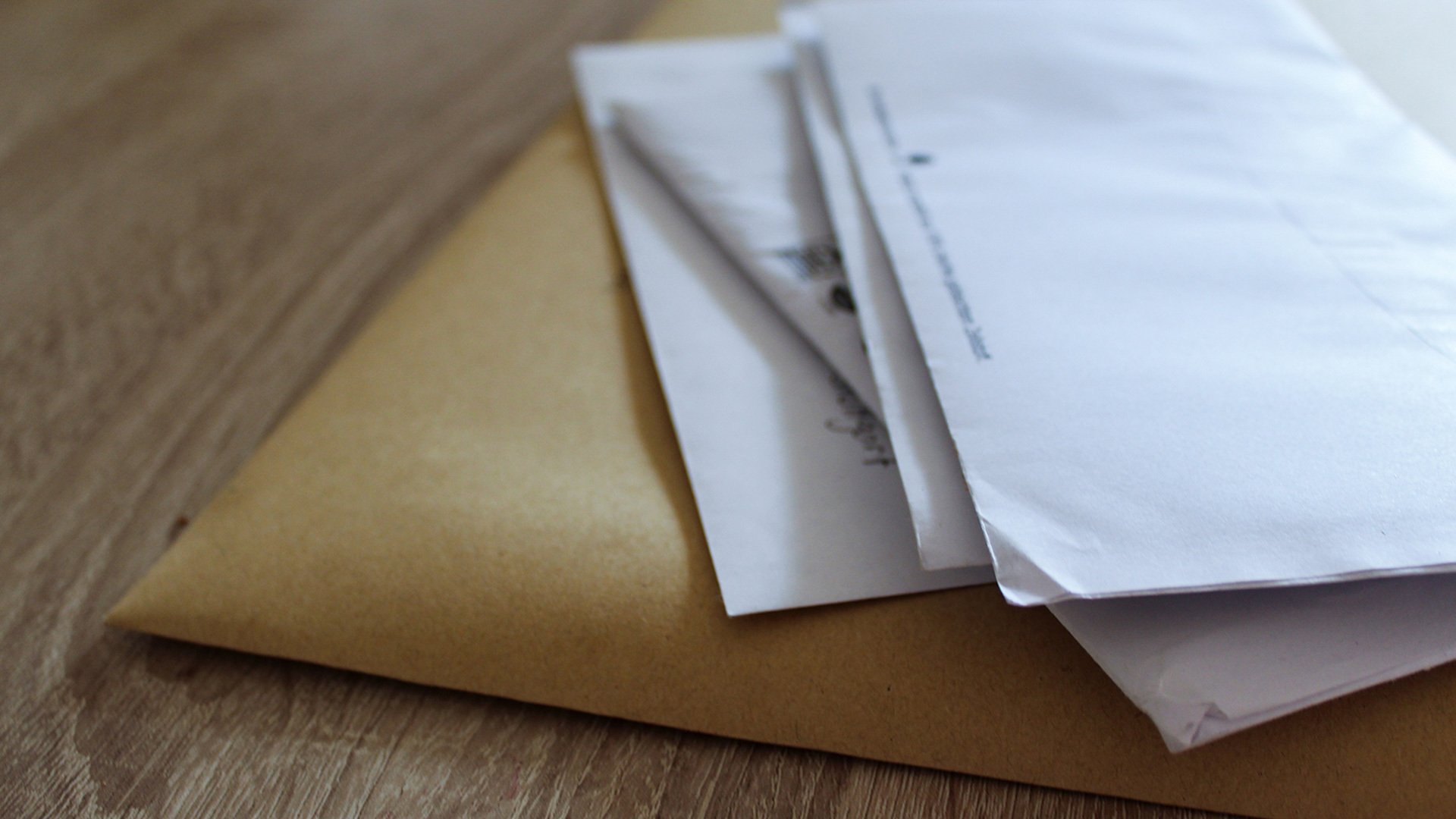If you've received money from any of the government relief programs, expect to be asked to prove your eligibility. We outline what the government will ask you for, how to be prepared and what to do with those brown envelopes.
Canada Emergency Wage Subsidy (CEWS)
Now that you’ve applied for and received your wage subsidy, you still need to apply for the rest of the periods. Ottawa just announced that they may be extending this program past June 6, 2020.
Think of this program as separate from your payroll, and run your T4 slips and payroll the same as you always would. The subsidy cheques should not be booked to anything Wage-related when completing your bookkeeping; instead, they are taxable income and should be booked as Revenue.
The subsidy payments you received need to be recorded as Revenue for your business — do not reduce your wage expense by the amount. The subsidy is taxable, and your T4 slips need to include the actual wages each of your employees were paid.
Any CPP and EI amounts that were reimbursed are also considered Revenue, so do not adjust the CPP and EI expense amounts.
If you’re receiving these payments, you should expect an audit late this year or sometime in 2021. Here’s what you can do now to prepare:
- Save detailed listings of your revenue for the applicable months: March, April, May 2019 and March, April, May 2020. Also include January and February 2020 if you used those periods as your baseline.
- Save all your payroll records for January 1 through December 31, 2020.
Canada Emergency Business Account (CEBA)
If you received this interest-free loan from the government, then you want to make sure you’re spending the money on qualifying expenses. These would be non-deferrable operating expenses like payroll, rent, insurance, utilities, etc.
You may be audited on how you spent the cash, so it is a good idea to have a spreadsheet of expenses that tracks which expenses were covered by this loan. If you want to be very transparent, you could move the loan balance ($40k) to a separate account and transfer money to your business’s main operating account as you incur the expenses.
Remember that the loan is interest-free until December 31, 2022. If the loan is repaid in full by that date, then 25% of it is forgivable. If it's not repaid, it converts to a 3-year term loan at 5% interest.
Canada Emergency Response Benefit (CERB)
If you received the CERB, make sure to get a letter from your employer that explains why you were put on leave — the reason needs to be due to COVID-19 to be eligible for CERB. It should also have the date and the type of leave of absence (e.g. furlough, lay-off, temporary lay-off or permanent termination).
If you earn some money while collecting CERB, make sure it's under $1,000 in each 4-week period.
Brown envelopes?
Keep an eye out for those CRA brown envelopes over the next 18 months. They may have cheques in them, or they may be an audit request, also known as a Process Review or Verification. Open these as soon as you get them and send them to your accountant — these typically have a tight deadline to respond. It could cost you a lot of money if you ignore them.
Penalty for unreported income
When you’re collecting CERB or EI, you are only allowed to earn a certain amount of additional earnings while you’re collecting. Some people may be tempted to earn some extra cash under the table. This would be considered unreported income, and if you’re found out, it's a 20% penalty on those earnings. Plus, you would have to pay the tax and maybe even GST on that. So you could be looking at having to pay back at least 50% of that extra income.
If you do receive cash under the table, be smart about it. Don’t deposit it in any bank account and don’t pay any large bills with it. Use it for small, personal expenses like clothes, food and haircuts. If you have business expenses from earning that income, you cannot write those off.
Read more about Small Business Basics topics that may be helpful to you and your small business.







